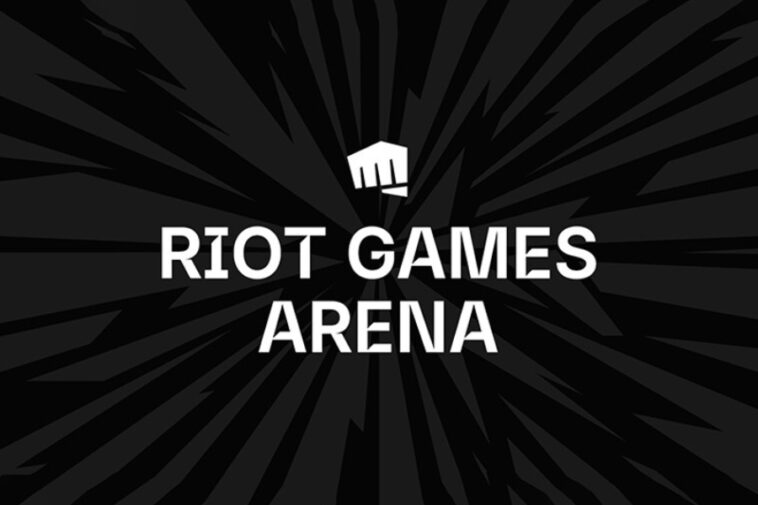In a bold move to create contractual stability, Riot Games has launched a Dispute Resolution Mechanism (DRM) for players, coaches, and teams in its EMEA League of Legends and VALORANT ecosystems.
This initiative, launched on November 7, introduces an independent arbitration system aimed at settling disputes such as unpaid wages, bonuses, and transfer fees between esports stakeholders in Riot’s Tier 1 and Tier 2 leagues.
The new DRM system aims to reduce the complexity and high costs often associated with legal disputes in esports, which span multiple countries with varying legal systems.
“Esports continues to evolve,” stated Valérie Horyna, EMEA Esports Rules and Compliance Manager at Riot Games. “We believe maintaining contractual stability and integrity is becoming more important.” Riot has partnered with Munich-based law firm Martens Rechtsanwälte to manage the system, ensuring neutrality and professionalism.
Neutral Arbitration to Address Contractual Disputes
Riot Games has structured the DRM to remain neutral, entrusting Martens Rechtsanwälte to appoint impartial arbitrators for each case. This structure allows Riot to avoid direct involvement in legal conflicts, which Head of EMEA Esports Alberto Guerrero explained has historically been challenging for the company.
Disputes eligible for DRM arbitration include unpaid salaries, bonuses, and transfer fees. However, the DRM system does not cover disputes involving Riot Games itself.
Guerrero clarified that while Riot respects the decisions made through the DRM, the system is designed specifically for disputes within the esports community, not between stakeholders and the publisher.
The DRM operates through one round of written submissions, followed by a decision from an arbitrator without explanation to maintain efficiency.
According to sports lawyer David Menz from Martens Rechtsanwälte, the DRM’s simplified process reduces costs, making it more affordable than traditional court cases in EMEA countries. While disputing parties will pay between €500 and €5,000 depending on the claim’s size, the fees remain below the average legal fees for court proceedings.
Legal Aid Fund and Future Plans for Global Expansion
To further ease financial strains, Riot Games has launched a Legal Aid Fund to help those unable to afford DRM fees. Although the company has not disclosed the fund’s size, eligible applicants may receive financial assistance until the fund is exhausted each year.
The DRM is currently available only to EMEA stakeholders, but Riot is open to expanding it globally if it proves successful in the region.
“Solving contractual disputes has historically been very complex, especially in EMEA,” Horyna stated. He further added, “We’re providing an easy-to-access platform for our stakeholders.” Riot Games is actively promoting the DRM among teams, players, and agents, encouraging its integration into future contracts to foster a stronger, more professional esports ecosystem.




GIPHY App Key not set. Please check settings